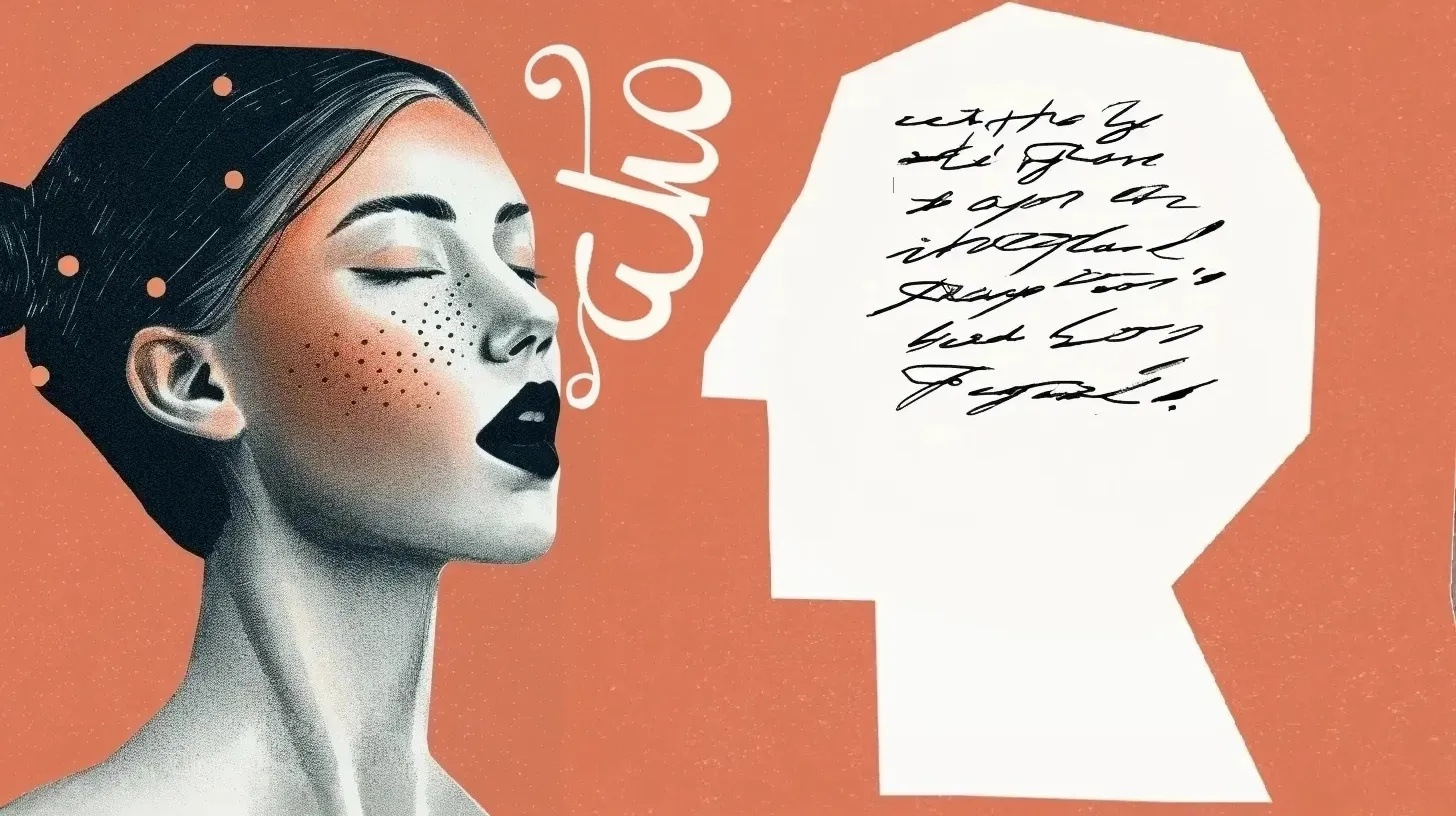Anthropic's Claude chatbot can no longer quote your favorite songs

Anthropic has struck a deal with major music publishers that bars Claude from spitting out song lyrics. While this settles the immediate dispute, the bigger question of whether AI companies can use lyrics for training remains up in the air.
Court documents reveal that Anthropic reached an agreement with heavy hitters like Universal Music Group, Concord Music Group, and ABKCO. The deal comes after publishers sued Anthropic in 2023, claiming Claude had reproduced lyrics from at least 500 songs by artists ranging from Katy Perry to the Rolling Stones and Beyoncé.
Under the new agreement, Claude can't reproduce copyrighted lyrics or create new ones based on protected material. Anthropic emphasized (via Hollywood Reporter) that Claude was never supposed to infringe copyrights anyway, noting they already had safeguards in place. The deal just reinforces these existing priorities.
There's also a new notification system: if publishers spot Claude breaking the rules, they can alert Anthropic in writing. The company promises to handle these reports quickly.
The bigger picture remains fuzzy
While this agreement settles the immediate dispute over Claude's lyrics outputs, it sidesteps the central question: Can AI companies legally use copyrighted lyrics to train their models in the first place?
Anthropic, like other AI labs, maintains this qualifies as "fair use," but courts haven't made a definitive ruling yet.
"We continue to look forward to showing that, consistent with existing copyright law, using potentially copyrighted material in the training of generative AI models is a quintessential fair use," Anthropic writes.
In Germany, GEMA, the German collecting society for music rights, filed a lawsuit against OpenAI in November 2024. Like the U.S. publishers, they claim that OpenAI's ChatGPT is using song lyrics without proper licensing or compensation. GEMA hopes the case will set a broader precedent for how AI companies should compensate rights holders.
OpenAI tried to get ahead of some of these issues back in May 2024 by announcing a "Media Manager" tool. The idea is to let rights holders opt in or out of having their works used for AI training - similar to YouTube's recent opt-out system for video content. But nearly eight months later, the tool remains in limbo with no updates on its development or release.
AI News Without the Hype – Curated by Humans
As a THE DECODER subscriber, you get ad-free reading, our weekly AI newsletter, the exclusive "AI Radar" Frontier Report 6× per year, access to comments, and our complete archive.
Subscribe nowAI news without the hype
Curated by humans.
- Over 20 percent launch discount.
- Read without distractions – no Google ads.
- Access to comments and community discussions.
- Weekly AI newsletter.
- 6 times a year: “AI Radar” – deep dives on key AI topics.
- Up to 25 % off on KI Pro online events.
- Access to our full ten-year archive.
- Get the latest AI news from The Decoder.